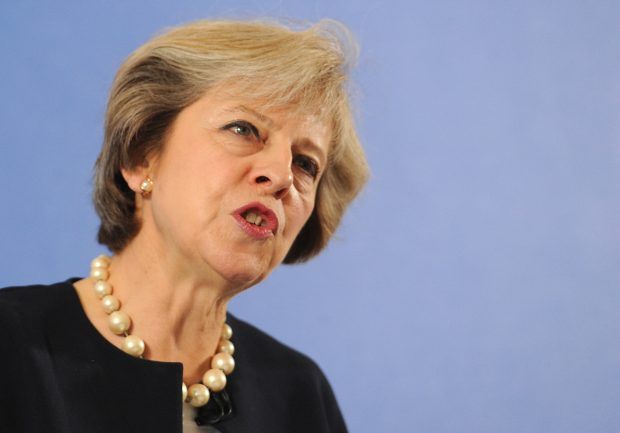Predictably, Theresa May’s speech on new grammar schools and expanding selection across the education system has attracted some strong criticism from within her own party, particularly from former Education Secretary Nicky Morgan. The controversial nature of the reforms announced today – and let’s not forget the proposal to lift the cap on the proportion of pupils that faith schools can admit from their own religion, which will cause a Commons row for a number of reasons – means the Tory whips are going to be very busy indeed over the next few months.
Education reform is a personal priority of Nick Timothy, May’s chief of staff, which means that the plans announced in the Prime Minister’s speech today cannot just be there for a show that says ‘I’m not David Cameron’. But if the grammar plans do fail in Parliament, some wonder whether this might be the perfect catalyst for an early election.
Even though May has ruled this out repeatedly and with increasing vehemence, she is now trying to push through Parliament reforms that were not in the Conservative manifesto, and which she therefore does not have a clear mandate for. This argument won’t just be made by Labour: Tory opponents of the plans will quite reasonably argue that they didn’t fight the 2015 election on this platform, and neither would they have done. At which point, May could turn around and say that as she cannot get reforms that are a priority through Parliament on the existing Conservative mandate, she must return to the country in order to seek fresh approval (and an increased majority) from voters.
This theory does make sense, but then so does the argument for just calling an early election to get a proper mandate as an elected Prime Minister, and May seems to have rejected that pretty squarely. It may just not be in her nature to do this – but some of those tasked with persuading MPs to fall into line for controversial votes in the coming months may find themselves wishing it were.







Comments